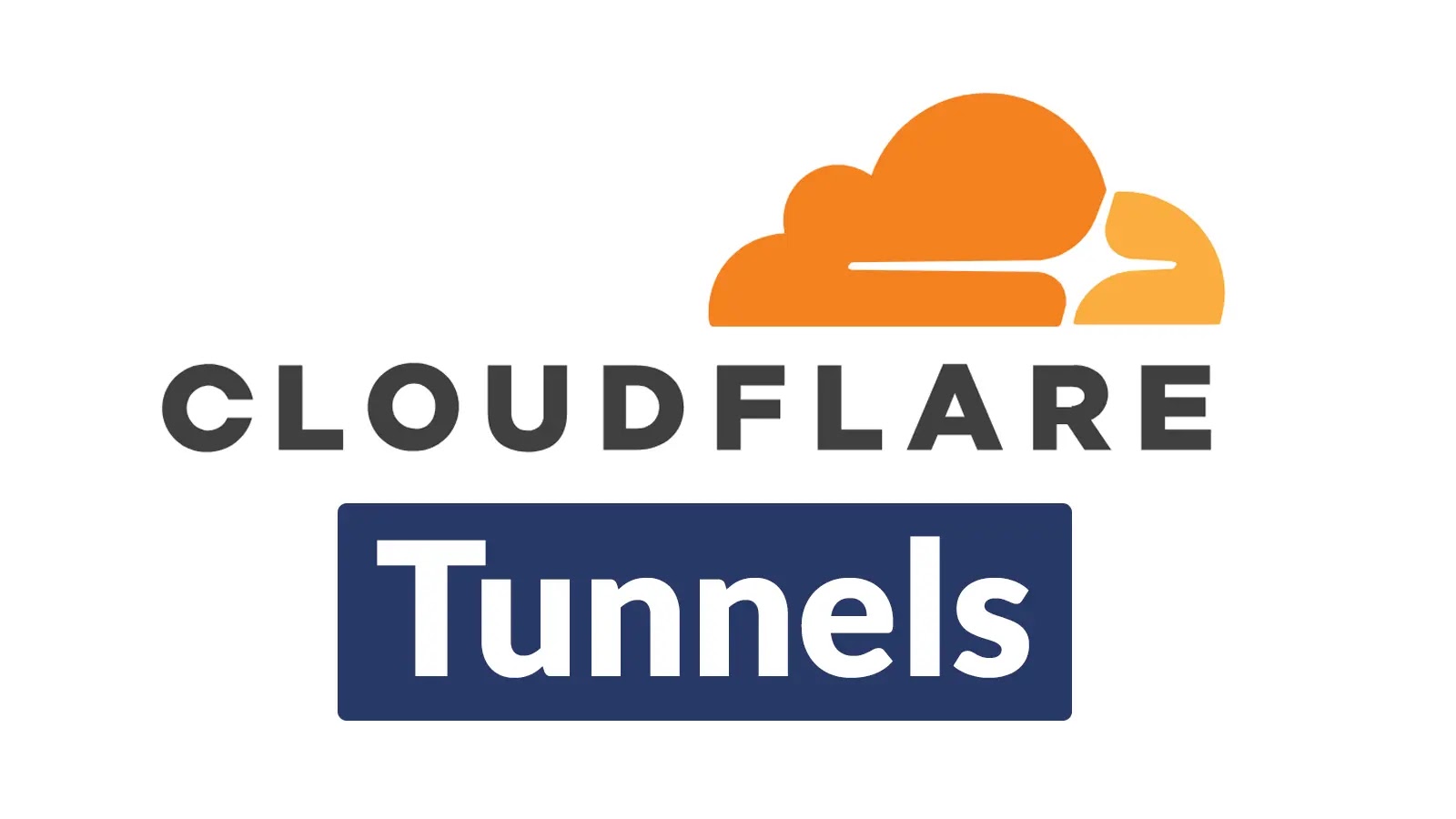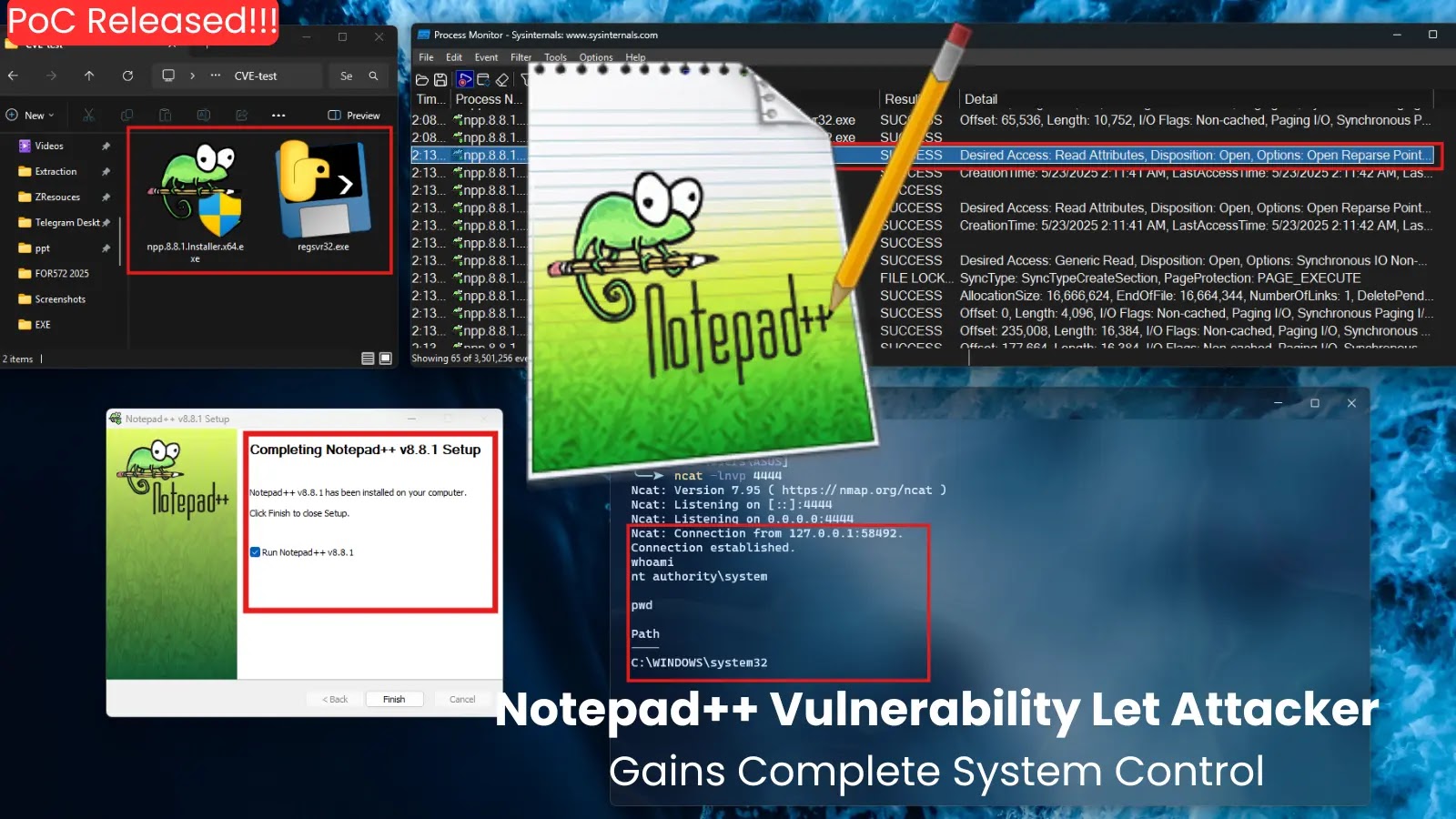In 2025, the hacktivist collective known as Keymous+ has emerged as a formidable force in the global cybersecurity arena, asserting responsibility for more than 700 distributed denial-of-service (DDoS) attacks. Identifying themselves as North African hackers, Keymous+ has been actively targeting a diverse array of organizations across Europe, North Africa, the Middle East, and parts of Asia since late 2023, with a marked escalation in their activities in recent months.
Diverse Targeting Without Clear Ideological Motive
Unlike many hacktivist groups that operate under specific ideological or political banners, Keymous+ exhibits a broad and seemingly indiscriminate attack strategy. Their targets span various sectors, including government websites, telecommunications providers, financial platforms, educational institutions, and manufacturing infrastructures. This lack of a consistent ideological focus raises questions about the group’s underlying motivations and objectives.
Geographical Distribution of Attacks
The group’s activities have impacted multiple countries, with India (10.7%), France (10.3%), and Morocco (8.61%) being the most heavily targeted nations. Notably, government entities constitute 27.6% of their targets, indicating a significant focus on disrupting public sector operations.
Organizational Structure and Operational Teams
Analysts have identified a dual operational structure within Keymous+, comprising an Alpha Team and a Beta Team. The Alpha Team, currently inactive, was responsible for data breaches and leaks, while the Beta Team focuses exclusively on executing DDoS operations. This bifurcated approach suggests a sophisticated level of organization, allowing the group to specialize in different attack methodologies while maintaining operational security.
Commercial Affiliations and DDoS-for-Hire Services
Evidence indicates that Keymous+ operates or maintains close affiliations with EliteStress, a commercial DDoS-for-hire service. This platform offers attack capabilities ranging from €5 per day to €600 per month, providing access to various attack vectors, including DNS amplification, UDP floods, HTTP/2 attacks, and spoofed SSH traffic. The group’s involvement with such commercial services blurs the lines between hacktivism and cybercrime, suggesting potential financial motivations behind their activities.
Technical Infrastructure and Attack Methodology
The technical sophistication of Keymous+ extends beyond traditional hacktivist capabilities. Their EliteStress platform features a comprehensive attack panel designed to bypass modern DDoS protection systems. The service includes:
– DNS Amplification Attacks: Leveraging public DNS servers to amplify traffic volumes, overwhelming target systems.
– UDP Flood Attacks: Targeting specific ports and protocols to disrupt services.
– Advanced HTTP/2 Flood Techniques: Overwhelming web servers with legitimate-looking requests, making detection and mitigation challenging.
Their attack methodology incorporates both volumetric and application-layer techniques, with the platform supporting concurrent attacks across multiple global endpoints. This infrastructure demonstrates the evolution of modern DDoS-as-a-Service operations, blending hacktivist messaging with commercial cybercrime infrastructure.
Global Impact and Notable Incidents
Keymous+ has been linked to several high-profile incidents:
– April 2025: The group targeted Belgian municipal and service websites, including The Line (a Belgian transport initiative), Brussels South Charleroi Airport, Blue-bike (a bike-sharing service), and city websites of Charleroi and Namur. These attacks disrupted public services, affecting residents’ access to municipal information and services.
– April 2025: Keymous+ claimed responsibility for DDoS attacks on Estonian telecom and media websites, including Comnet, Home3, and STV. These attacks were part of a broader campaign affecting Estonia’s IT and communications sector.
– June 2025: Following U.S. airstrikes on Iranian nuclear sites, Keymous+ joined other hacktivist groups in launching coordinated DDoS attacks against U.S. military domains, aerospace companies, and financial institutions. This surge in cyberattacks coincided with escalating geopolitical tensions in the Middle East.
Implications and Recommendations
The activities of Keymous+ underscore the evolving nature of cyber threats, where hacktivist groups can leverage commercial DDoS-for-hire services to amplify their impact. Organizations across various sectors must remain vigilant and implement robust cybersecurity measures to mitigate the risks posed by such groups.
Recommendations include:
– Enhanced DDoS Protection: Deploying advanced DDoS mitigation solutions to detect and respond to attacks promptly.
– Regular Security Audits: Conducting thorough assessments of network infrastructure to identify and address vulnerabilities.
– Incident Response Planning: Developing and regularly updating incident response plans to ensure swift action during an attack.
– Employee Training: Educating staff on cybersecurity best practices to prevent inadvertent facilitation of attacks.
By adopting a proactive approach to cybersecurity, organizations can better defend against the multifaceted threats posed by groups like Keymous+.



